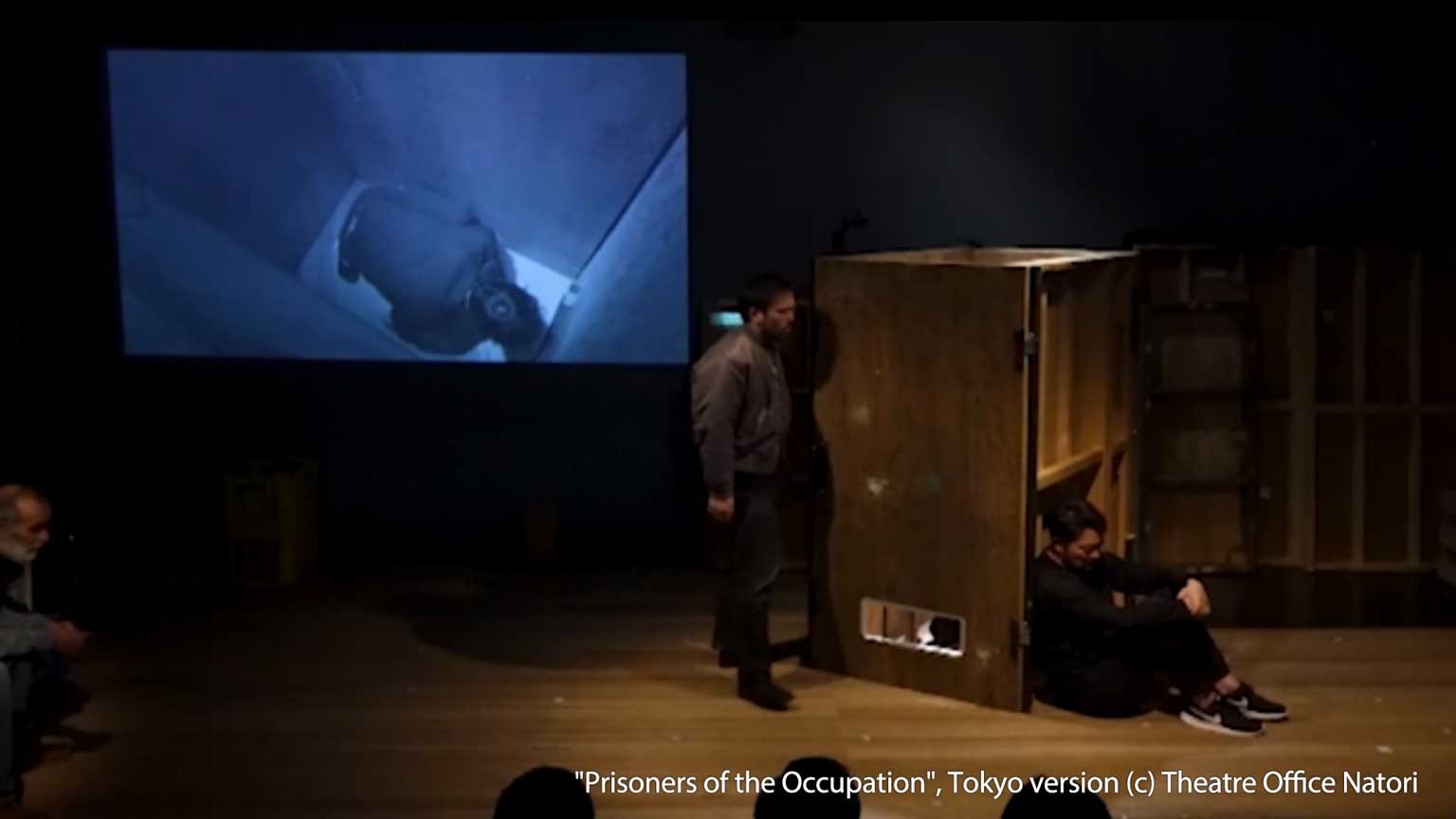It was a mostly Japanese cast that performed Jewish-Israeli playwright Einat Weizman's "Prisoners of the Occupation" and "I, Dareen T." in Tokyo during February last year.
Recordings of the productions are now being shown across Japan at local event halls and community spaces.
Weizman, who worked with Palestinian political prisoners to write the plays, spoke with NHK World about how her team brings activism into the theater.
Invisible lives of "Prisoners of the Occupation"
"Prisoners of the Occupation" explores how detainees are treated with no regard for their humanity. One of the characters is a young man who is arrested and forced to endure endless interrogation and torture until he falsely confesses.
The original version premiered in Israel in 2019 after Weizman lobbied for two years to stage it. It was initially banned by the Israeli government and labeled a work that "glorified terrorists."

According to the Israel Prison Service, the number of Palestinians in Israeli prisons stands at 9,000 people, including children. Weizman says attitudes towards the prisoners are shaped by current events: the Israeli assault on Gaza after the October 7 attacks by Hamas.
"For the average Israeli, all the prisoners are terrorists and therefore they are beyond empathy. Now the Palestinian prisoners are not hidden. Now Israel is proud of the insane conditions. It's like Israel is showing the crimes openly and proudly, what they're doing to the Palestinian people," she says.
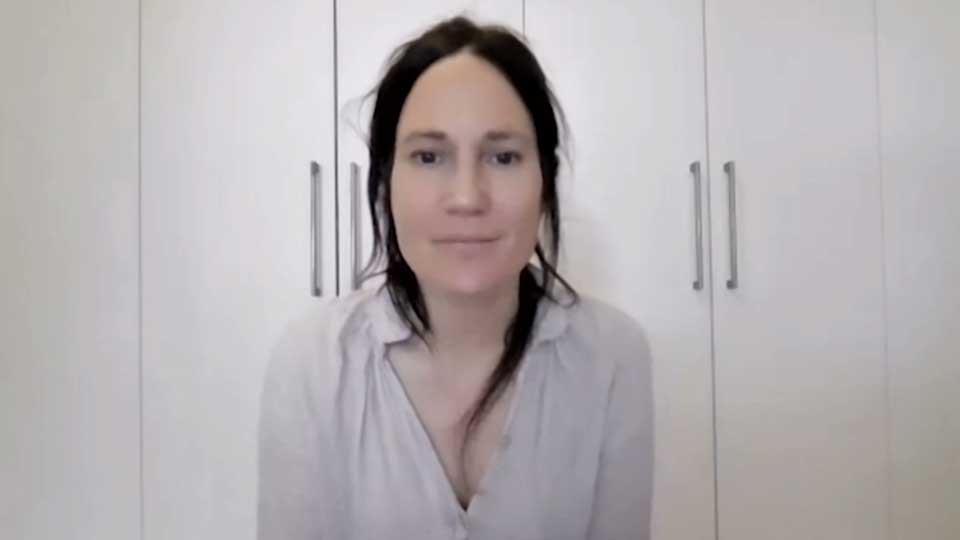
Theater as resistance
Weizman was once a popular actor in Israel. But in 2014, her life was turned upside down when an old photo resurfaced online that showed her wearing a "Free Palestine" t-shirt. She was threatened and abused in an experience that set her down a different creative path as a playwright.
Her work is inextricably linked to her activism. "I have to speak out now. I cannot live here not speaking for the Palestinian people. I need to speak out for the narrative that is not heard, and also because I have privileges here I can do things that Palestinians cannot do."
"Prisoners of the Occupation" includes letters to Weizman from political prisoners. One of her correspondents was Walid Daqqa, who spent 38 years behind bars and was revered as a hero by the Palestinians. He died in April, without the cancer treatment he needed. His body is yet to be released.
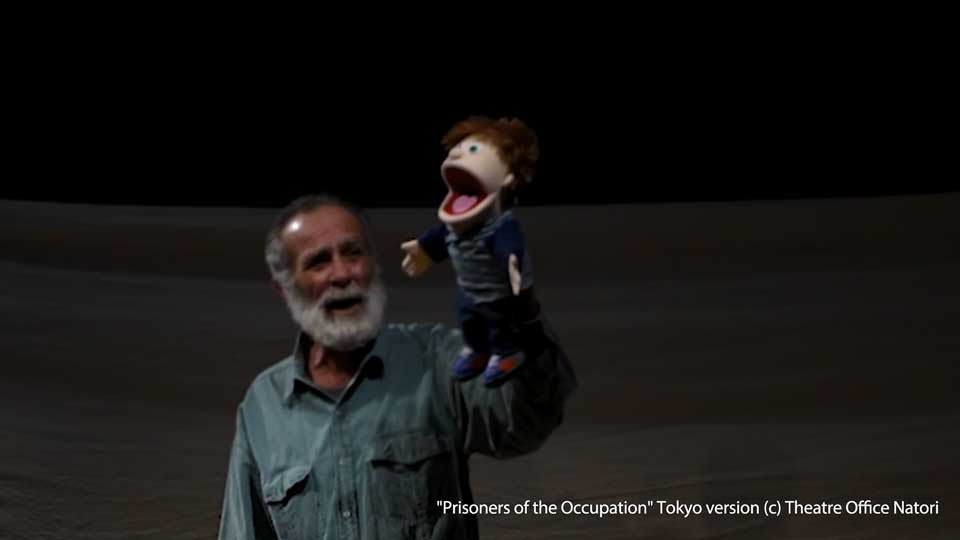
"Prisoners of the Occupation" Tokyo stage production (c) Theatre Office Natori
The role of Daqqa was performed in Tokyo by Palestinian actor Kamel El Basha who was once a political prisoner himself. El Basha says he still struggles to control the anger he felt as a prisoner.
"I think every Palestinian now is in a period that we are trying to control ourselves," says El Basha, explaining that his only work in Israeli theater has been with Weizman.
He says the playwright is "very serious about what she's doing," and "supporting Palestinian rights all the time."
One woman's struggle
As she worked on "Prisoners of the Occupation," Weizman had a key encounter with a Palestinian poet. Dareen Tatour was imprisoned after her work "Resist, My People, Resist Them" was deemed to support terrorism.
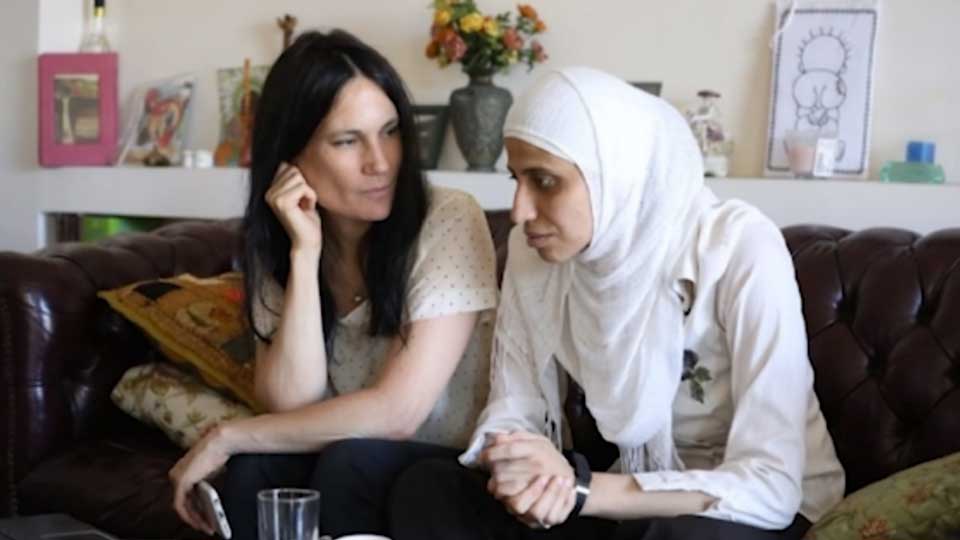
The play, "I, Dareen T." reflects how their relationship developed. It reflects Tatour's pain through a poem she wrote in prison:
Note indent Prison walls are not made for leaning against but for breaking prisoners' backs. Wails of longing fill the prison, witnessed only by the walls.

In the original production, Weizman herself played Tatour. "Through Dareen, I understood the role of the women in the struggle. After a few meetings, I realized that this is the story. Dareen is the story I needed to tell, and her play was out before "Prisoners of the Occupation," Weizman says.
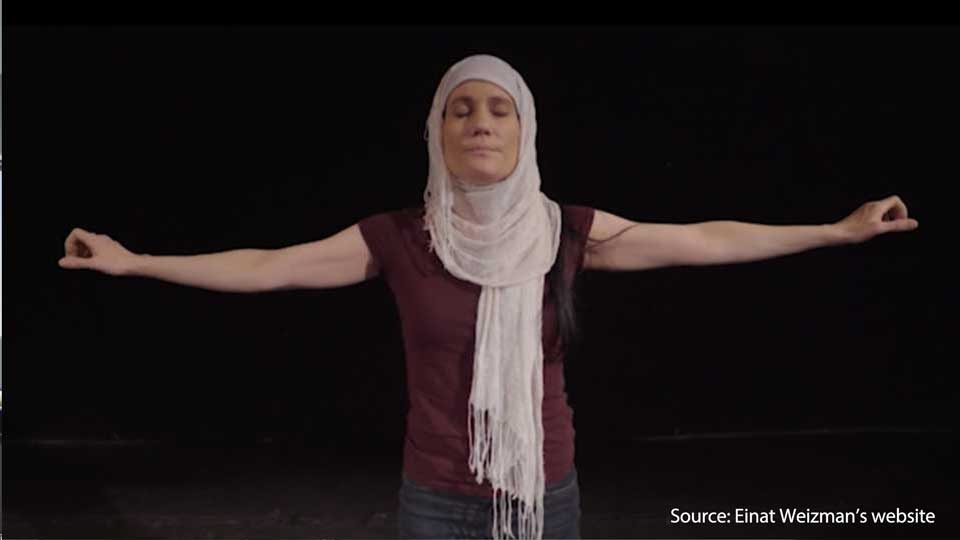
Adapting the works for Japan
The Japanese versions of the two plays are unique, using historical commentary and skits to illustrate Palestinian issues beyond the prison walls.

"Prisoners of the Occupation", Tokyo version (c) Theatre Office Natori
Before bringing the plays to a stage in Tokyo, the Japanese production team spent a week in Israel and the West Bank. They were shown how public services are inadequate where Palestinians live, and they took part in workshop sessions with Weizman and El Basha.
Japanese theater director Ikuta Miyuki says she wanted to adapt the plays to enhance audience understanding.
"Of course, there was concern from the Japanese cast about not including Israeli perspectives. Personally, I thought that would be a good idea, but… it's hard to say that what's happening in Palestine is respectful of human rights, so it's not a question of taking one side or another. I wanted to convey the fact that there are violations happening here."
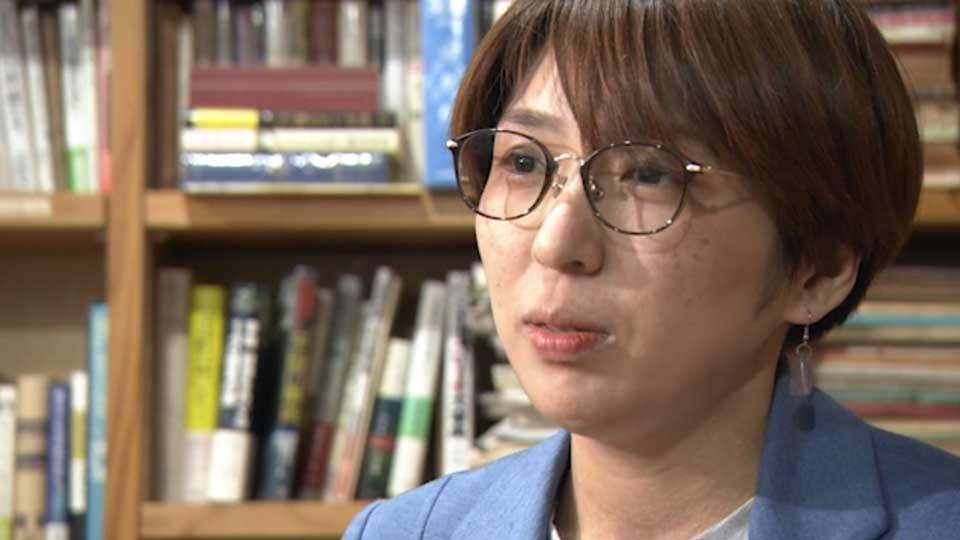
Hope and forgiveness
Weizman hopes for better times ahead: "I'm still a believer, I think that things will change, things must change, and I will do everything I can to be part of this way to make a better place, a place that we could (all) live together in full equality."
She says people involved in the conflict must "be able to open our hearts to forgiveness," with an aim "to repair the society, to be able to live together."
